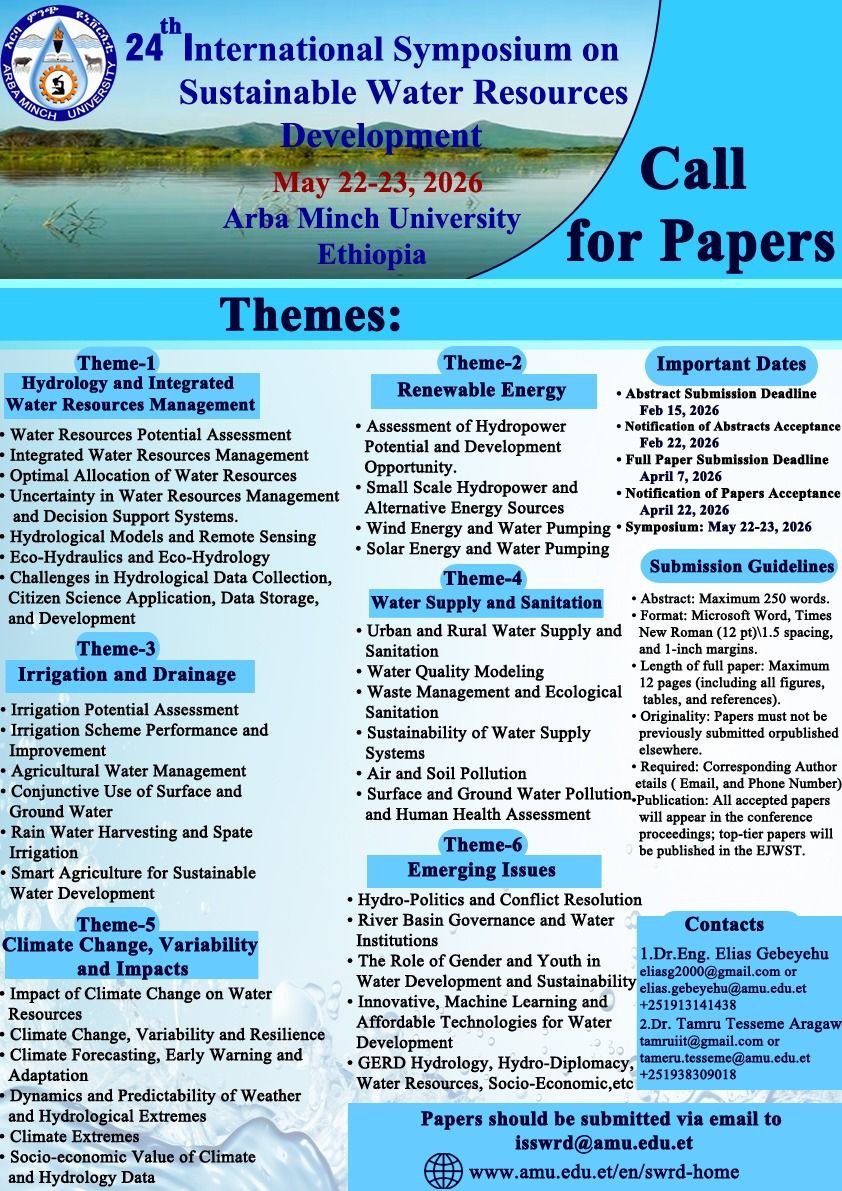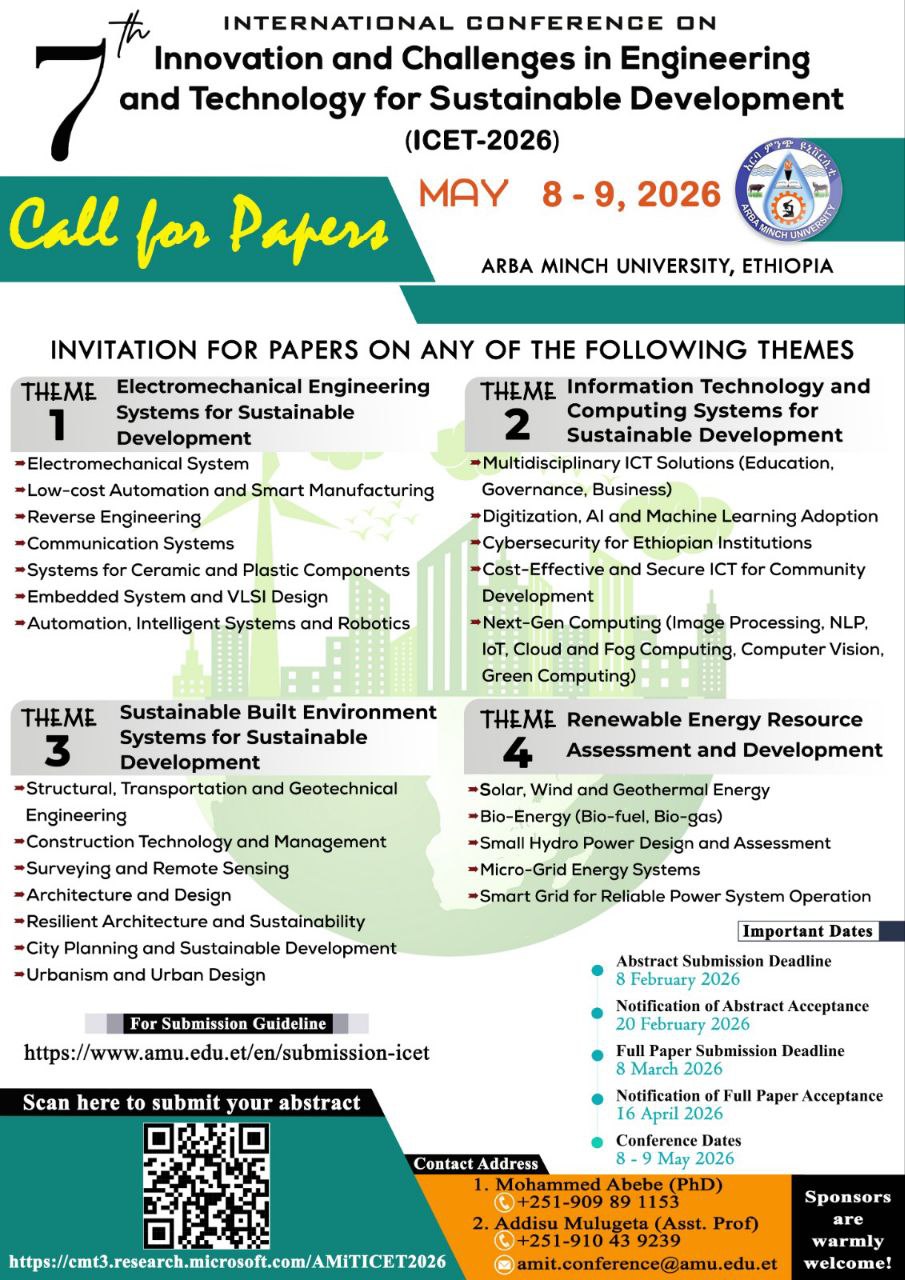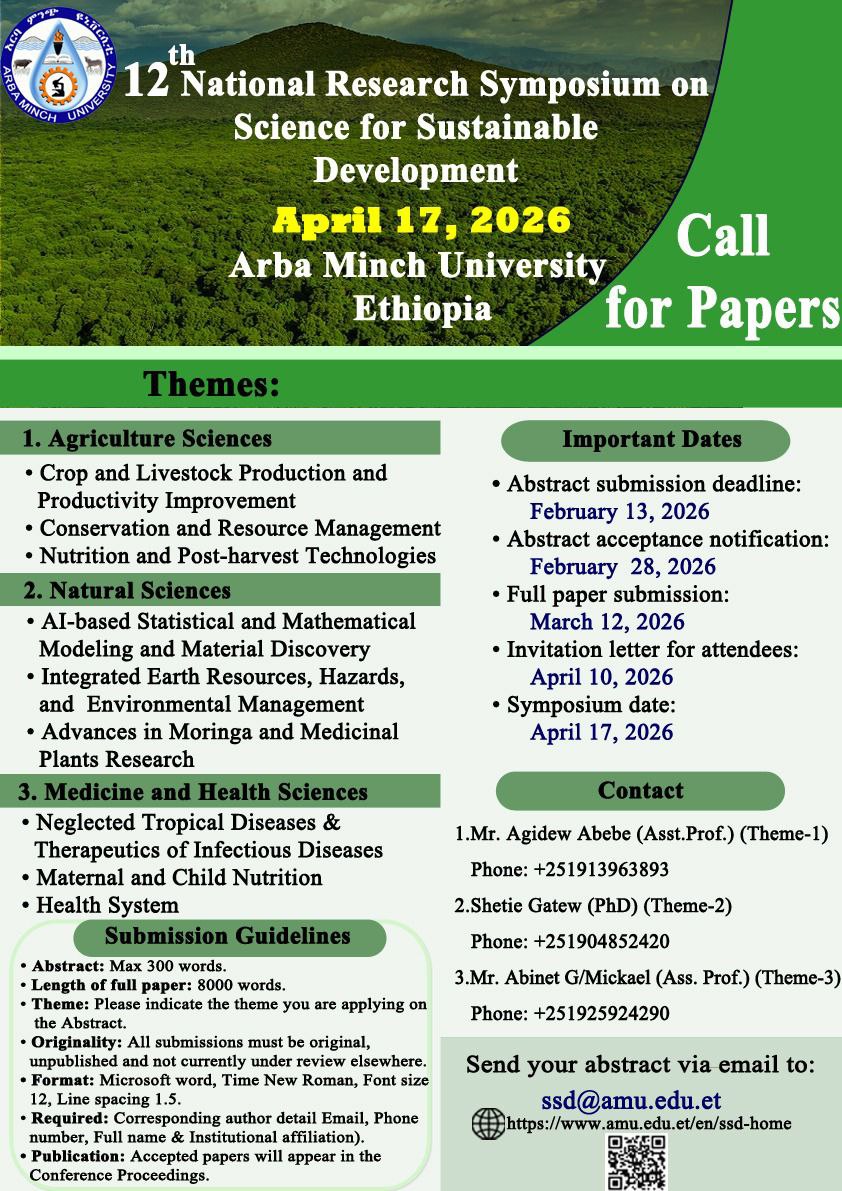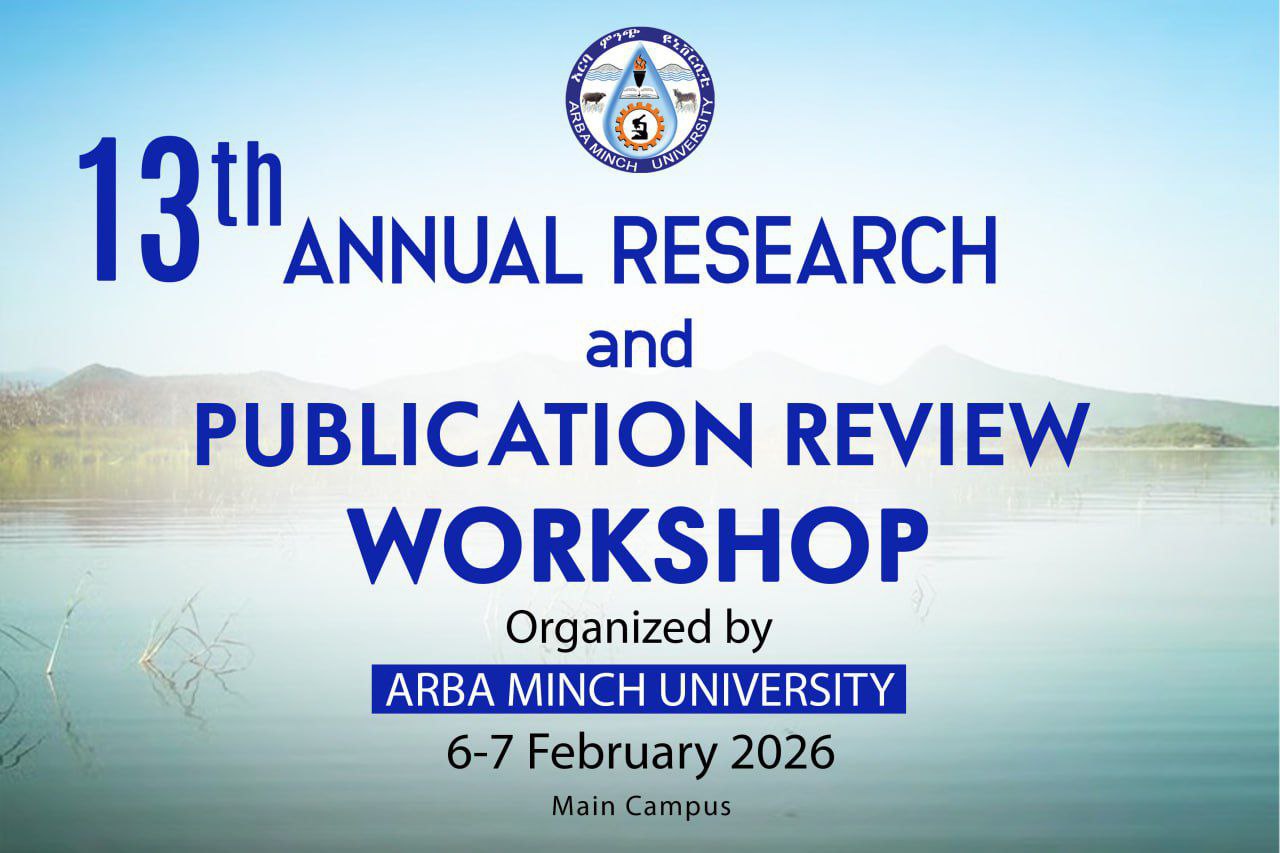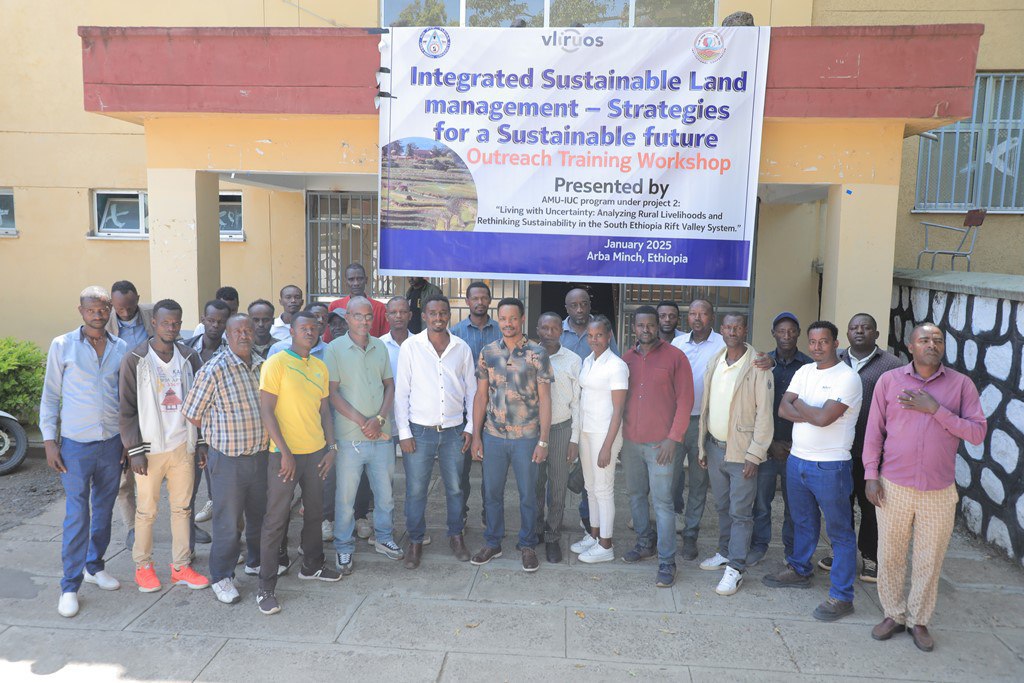A pivotal training workshop titled "Integrated Sustainable Land Management Strategies for a Sustainable Future" on January 2, 2025 concluded at Arba Minch University, uniting leading experts to confront pressing environmental issues within the Abaya and Chamo basins. This workshop was meticulously organized by the AMU-IUC program as a vital component of the project “Living with Uncertainty: Analyzing Rural Livelihoods and Rethinking Sustainability in the South Ethiopia Rift Valley System.” (RSP2).Click here to see more photos
The event, held in the IUC Conference Room at the university's main campus, brought together over 30 participants, including agricultural leaders, natural resource specialists, and agricultural risk management experts from three zones and twelve districts. The group convened with a shared goal of developing sustainable strategies for soil and water conservation (SWC) and land management to address the unique challenges of their regions and promote economic well-being.
Dr. Fasil Eshetu, the IUC Project Coordinator, opened the workshop by emphasizing the critical importance of merging indigenous knowledge with scientific methodologies to foster sustainable change. Drawing from six years of intensive research in soil and water conservation as well as agricultural risk management, Dr. Fasil highlighted the necessity for continuous collaboration among stakeholders and robust monitoring mechanisms to ensure effective implementation. Dr. Fasil pointed out that a lack of effective conservation strategies is aggravating these issues, and he stressed the significant role human perception plays in conservation efforts.
Dr. Ashenafi Duguma, the project’s focal person, elaborated on the workshop's objectives, underscoring the critical role of disseminating research findings and policy directions—an often-overlooked yet essential step from both policy and research ethics perspectives. He explained that this session was specifically designed for high-level local policymakers, with subsequent sessions tailored for village agricultural experts and model farmers. Dr. Ashenafi emphasized the need for stakeholders to gain a comprehensive understanding of land degradation, explore sustainable land management (SLM) practices, and overcome barriers to SLM adoption, all in line with the UN's “leaving no one behind” principle.
Participants were introduced to two key modules presented by PhD candidate Tilahun Habtamu, which focused on land degradation and sustainable land management practices and policies. The sessions emphasized practical applications of soil and water conservation measures, highlighting the importance of their optimal integration to boost agricultural productivity. Attendees gained valuable insights from these strategies. Tilahun also highlighted the relevance of international frameworks, such as the UN Convention to Combat Desertification and the UN Decade on Ecosystem Restoration, emphasizing their critical role in guiding local initiatives.
After the presentations, participants engaged in vibrant group discussions to address challenges and chart future directions for soil and water conservation in their catchment areas. Key issues highlighted included soil erosion, deforestation, water depletion, and barriers such as limited technological adaptation, climate variability, population growth, and resource scarcity. Persistent challenges like inadequate awareness, traditional practices, land ownership policies, and insufficient research were also identified as obstacles to effective land management.
Arba Minch University
The Center of Bright Future!
For more Information Follow us on:-
Website - https://www.amu.edu.et/
Telegram - https://t.me/arbaminch_university
Facebook - https://www.facebook.com/ArbaMinchUniversityccd/
YouTube - https://www.youtube.com/channel/UCOO_nclhMo8M3r74OyPBlVA
Public and International Relations Executive


